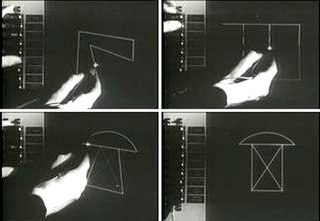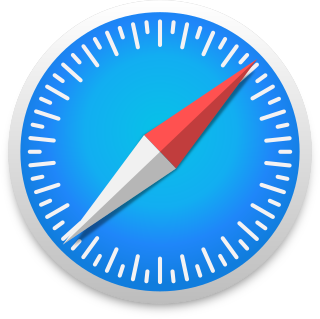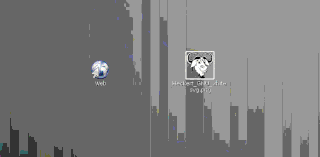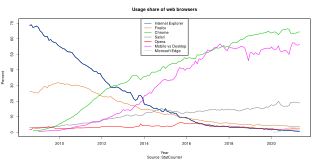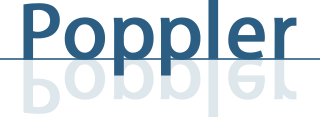This article has multiple issues. Please help improve it or discuss these issues on the talk page . (Learn how and when to remove these template messages)
(Learn how and when to remove this template message) Contents |
BePDF 1.1.1 beta 4 on Haiku R1 Alpha 4.1 | |
| Initial release | 0.1.0 (29 July 2000) |
|---|---|
| Preview release | 1.1.1b5 (6 May 2011) [±] [1] |
| Repository | |
| Written in | C / C++ |
| Operating system | BeOS, Haiku, and magnussoft ZETA |
| Type | Document viewer |
| License | GNU GPL |
| Website | haikuarchives |
BePDF is a free software PDF reader for Haiku, BeOS, and magnussoft ZETA. It is based on Xpdf. It was added in Haiku R1 alpha 1 as its sole PDF reader.

Free software or libre software is computer software distributed under terms that allow users to run the software for any purpose as well as to study, change, and distribute it and any adapted versions. Free software is a matter of liberty, not price: users—individually or in cooperation with computer programmers—are free to do what they want with their copies of a free software regardless of how much is paid to obtain the program. Computer programs are deemed free insofar as they give users ultimate control over the first, thereby allowing them to control what their devices are programmed to do.

Haiku is a free and open-source operating system compatible with the now discontinued BeOS. Its development began in 2001, and the operating system became self-hosting in 2008. The first alpha release was made in September 2009, and the last was November 2012; the first beta was released in September 2018.
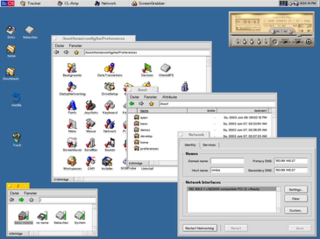
BeOS is an operating system for personal computers first developed by Be Inc. in 1991. It was first written to run on BeBox hardware. BeOS was built for digital media work and was written to take advantage of modern hardware facilities such as symmetric multiprocessing by utilizing modular I/O bandwidth, pervasive multithreading, preemptive multitasking and a 64-bit journaling file system known as BFS. The BeOS GUI was developed on the principles of clarity and a clean, uncluttered design.
The source code for BePDF is available via GitHub after a migration from SourceForge. [2]
GitHub is a web-based hosting service for version control using Git. It is mostly used for computer code. It offers all of the distributed version control and source code management (SCM) functionality of Git as well as adding its own features.

SourceForge is a web-based service that offers software developers a centralized online location to control and manage free and open-source software projects. It provides a source code repository, bug tracking, mirroring of downloads for load balancing, a wiki for documentation, developer and user mailing lists, user-support forums, user-written reviews and ratings, a news bulletin, micro-blog for publishing project updates, and other features.

